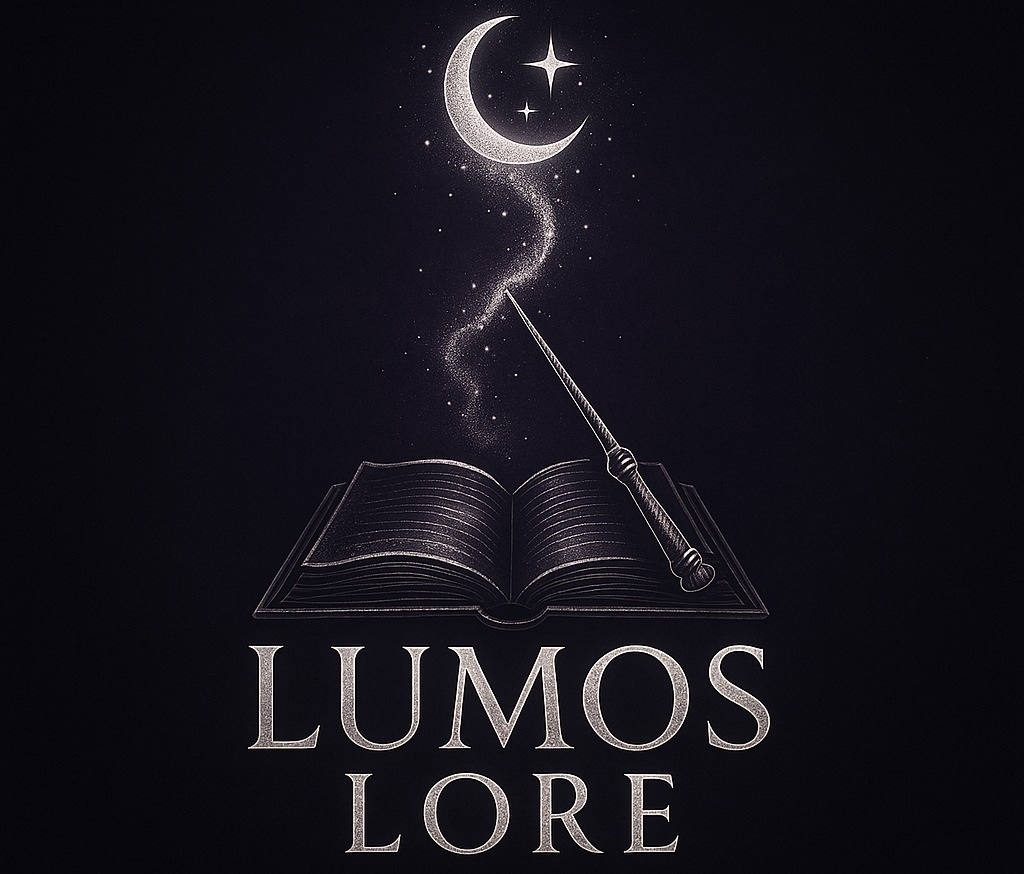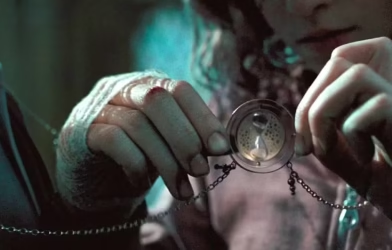The Unforgivable Curses—Avada Kedavra, Cruciatus, and Imperius—are among the darkest spells in the wizarding world, strictly outlawed due to their dangerous and cruel nature. Each of these curses robs the victim of autonomy, dignity, or life itself, raising serious ethical concerns.
The Avada Kedavra curse causes instant death with no known counter-curse, essentially making the caster judge, jury, and executioner. Its use symbolizes absolute disregard for human life.
The Cruciatus Curse inflicts unbearable pain, often used for torture. Its effect is not just physical but psychological, pushing the boundaries of morality and humanity.
The Imperius Curse removes free will entirely, allowing the caster to control another person’s actions. Even when used with good intentions, it raises questions about consent and personal agency.
These curses were declared “unforgivable” because they violate core moral principles: the right to life, bodily autonomy, and freedom. While some characters like Harry Potter used the curses under extreme circumstances, their use—even in wartime—is fraught with ethical dilemmas.
In the end, the Unforgivable Curses serve as powerful narrative tools that explore the temptation of power, the corruption of intent, and the consequences of moral compromise in the Harry Potter series.










